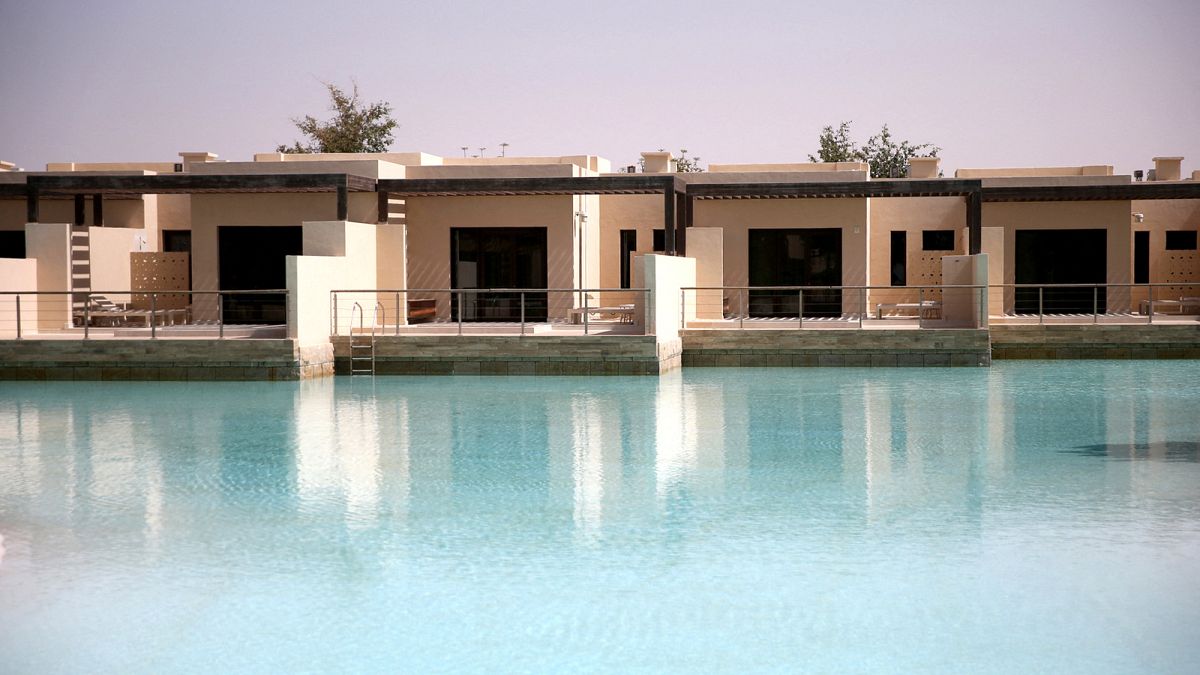The sector is growing and forecast to stay popular.
Wellness tourism is growing at a rapid pace. While we know exercising regularly and eating our daily intake of fruit and veg contribute to a healthy lifestyle, stress management and mental wellbeing are just as important.
The past few years have taken their toll on our health. From overworked immune systems fighting off COVID to long hours working from home, the pandemic has left many people feeling depleted.
Wellness tourism aims to reduce stress by focusing on mental, physical and, in some cases, emotional wellbeing.
This is achieved either through programs catered to individual needs where travellers are fully immersed in a wellbeing experience or by incorporating wellness activities into a trip. Some health-focused destinations include spa getaways, yoga and meditation retreats and fitness programs.
Wellness tourism can also be a balm for workers, many of whom may be fighting to keep their jobs as companies in every industry make cuts. According to a survey by Statista, in 2022 over 50% of Europeans experienced or felt on the verge of burnout.
Wellness resorts aim to leave people feeling rejuvenated by allowing them to fully indulge in self-care during their stay.
This can range from spa treatments, exercising and eating nutritious foods, to focusing on mindfulness and spirituality.
Christopher Ford, head of Asset Management at Red Sea Global Saudi Arabia says “Today, wellness is one of the fastest-growing segments of the luxury travel market, with our target audience research showing that 75 per cent of luxury travellers want vacations that cater for their overall wellbeing and provide activities at the same time.”
Wellness tourism is set to keep growing
The Global Wellness Institute says this form of tourism is expected to grow more than any other wellness sector – increasing by about 21% by 2025. This is due to the once-in-a-lifetime appeal of the resorts, considered more unique than other types of accommodation. As well as the access to eco-friendly facilities that travellers demand in the age of climate change.
Social media has helped wellness tourism grow in popularity. #wellnessretreat and #spiritualretreat have a combined viewing of over 33 million on TikTok and over 584,000 posts on Instagram – making retreat holidays a well-known concept. According to the culture website Thred, influencers and celebrities often endorse wellness destinations and activities, generating more interest in this lucrative sector.
Where in the world is best for wellness tourism?
The Asia-Pacific region is popular with wellness tourists. Its unique practice of health and wellness as well as its beautiful locations are sought-after.
A report from Knowledge Sourcing Intelligence LLP says because of its deep cultural heritage and a strong focus on health and rejuvenation, the APAC (Asia-Pacific) region is becoming an important player in the growing wellness tourism industry.
Even with this impressive growth, the wellness tourism industry seems to only be taking its first steps. With ever-growing technologies, who knows where it’ll go next.

